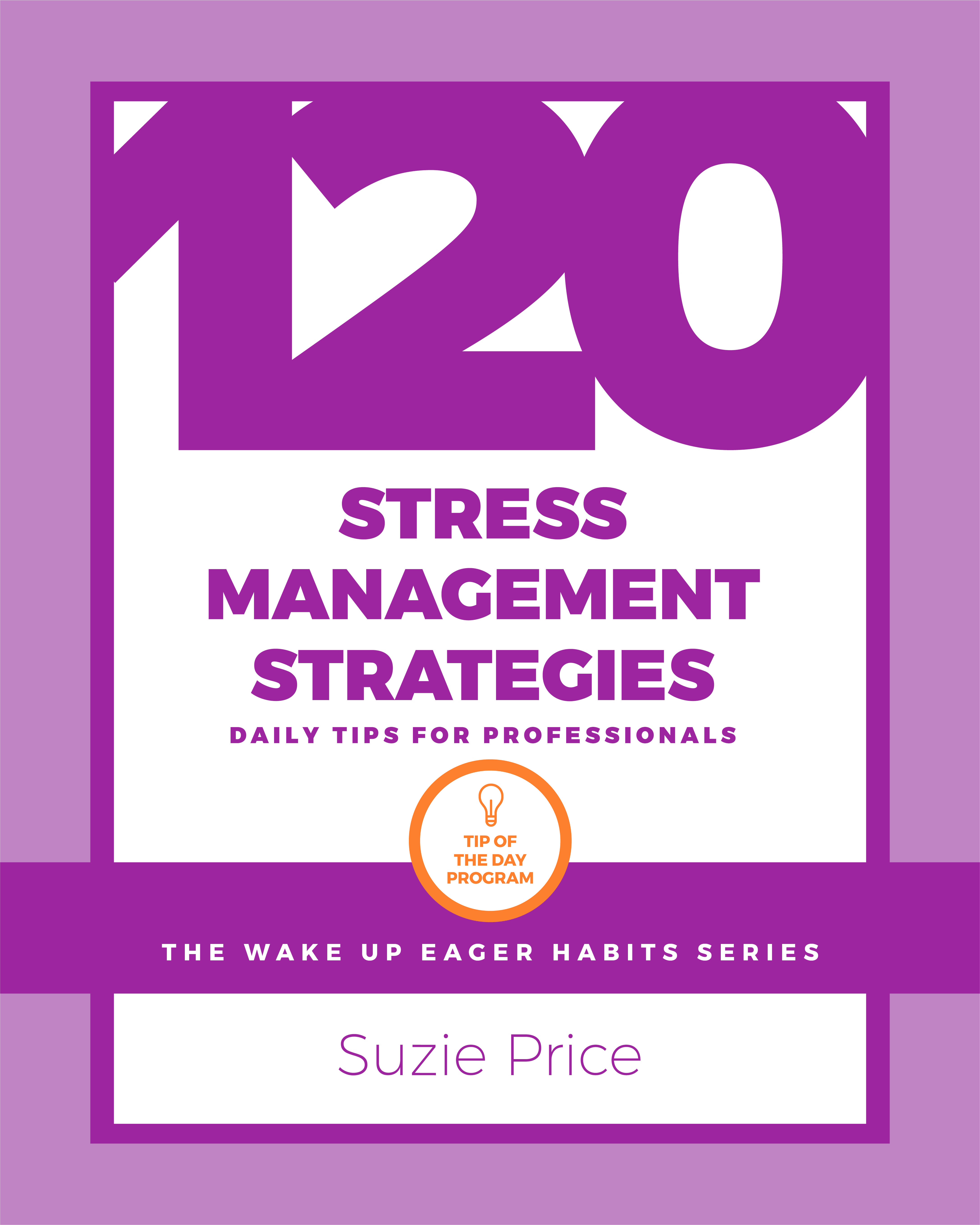The Know How You Need & the Tools to Get You There... Get Certified >

Podcast Episode #13:
4 Skills Best Bosses Have Mastered

Overview of Episode #13 ---
In this episode you’ll hear real life examples from real people about their best and worse bosses, what they did that worked or didn’t work and the impact it had on them and the business. I share Important research about what you specifically need to do as a leader to improve revenue, increase customer service, drive productivity and reduce turnover. Learn about four important leadership skills you can master to become a best boss!
- Important research that tells you EXACTLY what you need to do as a leader to improve revenue, increase customer service, drive productivity and reduce turnover.
- Real life examples from three different people about their best and worse bosses.
- 4 important best boss skills.
Contact Information:
- Kelly Vandever Website: www.speakingpractically.com
- Phil Davis Website: www.flexhr.com
Timing on Recording: @ 5:03 ---
Topic #1: Who Were Your Best and Worst Bosses?
- Beth Zullo describes her best boss
- Kelly Vandever, Speaking Practically, describes her worst boss
- It's Sunday night and you are getting ready for work. How did you feel when you were going to work for your best boss? What about for your worst boss?
- Favorite quote, "I may forget what you said and did, but I will NEVER forget how you made me feel."
- Best Boss Descriptor themes that I've heard over the years, from all types of audiences:
that he or she was a good listener; they were fair; they're very knowledgeable; knew their job so you respected them; could be tough, but also kind, and supportive; he was direct and a good communicator. - Worst Boss Descriptor themes that I've heard over the years, from all types of audiences: He or she never listened; they were unfair; played favorites; she was arbitrary in her decisions so I never knew which way they were going to go; dictator; too easy/pushover; cruel, mean jokes; inconsistent; weak, and not honest.
- Impact of a bad boss on morale and performance. Kelly Vandever's experience. "We wanted to be heard... innovation comes from people being willing to step up..."
Timing on Recording: @ 21:25 ---
Topic # 2: Gallup's Research: EXACTLY What You Need to Do
Recap of Gallup's Study:
- First Break All the Rules: What Great Managers Do Differently
- Effective leaders per 25 person team: increased profitability through higher monthly revenues (a minimum of $80,000 month) increased customer loyalty, lower turnover and a big increase in productivity.
- Gallup determined that high performance teams and the strength of the workplace can be assessed with these twelve questions that are broken down into four main categories that represent the employees mindset.
WHAT DO I GET?
1. Do I know what is expected of me from work?
2. Do I have the materials and equipment I need to do my work right?
WHAT DO I GIVE?
3. At work, do I have the opportunity to do what I do best every day?
4. In the last seven days, have I received recognition or praise for doing good work?
5. Does my supervisor, or someone at work, seem to care about me as a person?
6. Is there someone at work who encourages my development?
DO I BELONG HERE?
7. At work, do my opinions seem to count?
8. Does the mission/purpose of my company make me feel important?
9. Are my co-workers committed to doing quality work?
10. Do I have a best friend at work?
HOW CAN WE ALL GROW?
11. In the last six months, has someone at work talked to me about my progress?
12. This last year, have I had opportunities at work to learn and grow?
Timing on Recording: @ 28:14 ---
Topic #3: 4 Skills Best Bosses Have Mastered
These 4 skills:
The acronym to remember the four skills: C.A.L.L.
C- Cultivate a positive sense of self in others.
A -Address problems quickly by focusing on behaviors and facts.
L. Lead by inviting input and participation.
L. Listen aggressively.
These skills will help you:
- Help people rise to their potential and a higher level of performance
- Act quickly and be direct and specific when there are problems
- Get to get into the habit of getting people involved n decisions so that they are more committed to the decisions that are made and help you make better decisions
- Become one of those very rare leaders who listens to, really listens, to people. (When you master Listening Aggressively skill people will talk about you with wonder and awe, they will follow you and stay with you!)
Timing on Recording: @ 30:15 ---
Topic #4: Cultivate a Positive Sense of Self in Others
- Cultivate a Positive Sense of Self in Others - This is the ability to sustain or build self confidence in others.
- Kelly shares about her best boss, and how she did this skill really well.
- Definition of Sense of Self: This is a measure of a person’s awareness of who they are; it is a person’s ability to discern their own self-worth.
- People ARE responsible for their own sense of self, (background, choices, and more) but you can, as someone’s leader, positively influence how well they see or believe in their ability to potentially do something, by your expression, of their value.
- What Beth Zullo’s best boss did – when she started new on the job.
- I'm always thinking, in every conversation, with every person from my neighbors to my clients:
- Can I cultivate a positive sense of self in this conversation?
- Can I make things better by my contribution?
- Can I see something good in this person and express it either by my actions or by just listening well or by reminding them of something that they've done well?
- Is what I am about to share – going tohelp this person, hurt this person or am I just saying something to make me look good. (From another favorite book: Unleashed! Expecting Greatness and Other Secrets of Coaching for Exceptional Performance ) - As a leader – if you can think about yourself as a person who is an advocate for each person’s potential and NOT primarily a judge or critic around what is not working, according to Gallup’s research, you will create a stronger team.
- 3:1 ratio - three to one, three positives, for every one course correction
- We’re talking about seeing someone’s potential – and projecting that good to that person through your actions and words.
- GREAT leaders – positively influence others. You have to decide that that means something, and that you want to be that kind of leader. Ask yourself: have I left this person, after my interaction with them, in a stronger frame of mind? Have I strengthened them in some way by expressing my belief in them?
- Phil Davis shares about finding your "True North" and reminds us that leadership is a sacred duty.
Timing on Recording: @ 49:43 ---
Topic #5: Address Problems Quickly. Focus on Behaviors and Facts
- This is the ability to quickly, specifically and factually discuss problems and employee performance.
- Behaviors: Facts Specific Objective Rational Creates More Openness to Discussion... and you'll make more progress What you see someone do, things you see and hear
- Attitude: Opinion General Subjective Emotional Will Create Defensiveness... will create more arguments. What you think someone is feeling or thinking
- My own Best Boss story with Tony
- My leadership training modules
Timing on Recording: @ 55:54 ---
Topic #6: Lead By Inviting Participation and Input
- This is the ability to improve connection, personal rapport and commitment by inviting participation and exchange of information and opinions.
- Gallup survey number 7 out of the 12, in the section where employees are thinking – Do I belong here? And the first statement is: Do my opinions count?
- Beth Zullo, how her best boss did this…
- Power formula: ED = RD X CD. (Effective decisions equal the (right decisions) multiplied by (commitment to the decisions)
- Your employees want and need to be heard…
- A very wise leader that I respect greatly and who is one of my best leaders always said, "I may not obey but I can definitely listen."
- www.pricelessprofessional.com/audible - Free Audio Download, with a 30 day trial using my link: Crucial Conversations: Tools for Talking When the Stakes are High
- It's a mature thing to do as a leader, not to shut people down, or not to do the other thing, which is just to have everybody vote. If you do either one of those things too often, it will shut people down and you won't get the level of commitment that you want.
- Actions You Can Take:
- Sharing information with team members.
- Giving team members recognition for their contributions.
- Delegating a task to a team member.
- Involving team members in decision making.
- Asking team members for their ideas about a problem.
- Asking team members for their help
Timing on Recording: @ 1:10:13 ---
Topic #7: Listen Aggressively
- Listening aggressively is to hear with determination and energetic pursuit, demonstrating a desire to understand.
- Here’s Beth’s best bosses ability to listen well…
- Being present with someone is a gift. There's a great quote that I love here. It says, "The greatest compliment that was ever paid to me was when one asked me what I thought, and attended to my answer” Thoreau
- A book recommendation: Seven Habits of Highly Effective People. One of the seven habits: Seek First to Understand, Then to Be Understood. So powerful. You want to understand where people are coming from, even if you disagree with what they are saying. Free audio download with a 30 day trial using my link: pricelessprofessional.com/audible
- Listening aggressively means that you are focused on hearing in a determined and energetic way. When you are doing it well, you demonstrate your desire to understand by asking questions and listening with NO agenda other than to understand.
- Beth shared about her boss and how he made people feel, “It made a person feel good – wow, he heard me.”
- There are so many people who are not good at listening aggressively. It's, basically, listening to others without interrupting. It's listening and expressing support. It's asking questions to get more information. It's having an open mind, even when you disagree with what they're saying. Even if the other person is being defensive, you stay focused on listening so that you truly understand.
- It's a key skill as a parent, coach, friend, family member AND in arbitration and closing any kind of conflict.
- The tool I use to help myself listen aggressively, and that I teach in workshops is: RPSA. This stands for powerful steps in listening: reflect, probe, support, advise. My Article: The Forgotten Charismatic Leadership Skill: It Might Surprise You...
- We all have some negative listening habits. My Article: Improving Listening Skills - Do You Have Any of These Negative Listening Habits
Timing on Recording: @ 1:10:13 ---
Topic #8: Thank You and Free Offer
THANK YOU:
- Beth Zullo. I wish you well as you move from her role at GGC and goes back into teaching, where she’ll be helping middle schoolers.
- If you need help with a presentation, and or giving your people to permission to speak contact: Kelly Vandever – Speaking Practically. Her website: www.speakingpractically.com
- If you need help to Outsource HR functions, or need consulting on compensation, strategy or business alignment, contact: Phil Davis – Flex HR. His website: www.flexhr.com
Related Podcasts:
How to Train and Retain the
Millennial / Generation Y Employee
M.O.R.E. Motivation In the Workplace
The Workplace Motivators Assessment
Related Service:
TRAIN/COACH: Corporate Leadership Training, Team Building and Coaching Programs
Employee Selection Assessment Tools and Resources
PRICELESS RESOURCES
PODCAST: Subscribe to our Podcast or Help Us and Leave a Review
NEWSLETTER: Sign up for Monthly Email Updates
PODCAST: Most Recent Episodes Directory of All Episodes
RELATED DEVELOPMENT SERVICES:
· Certification: Become the Expert: Assessment Certification Training
· Hiring: Hiring: Secret to Superior Performance
· Surveys: 360 Feedback and Organizational Surveys
· Complimentary Consulting Call or Send Us Feedback: Contact Suzie
LET'S TALK:
Contact us to schedule a Complimentary Consulting Call
or to ask questions about any of our Hiring,
Coaching, Training and Assessment services.





